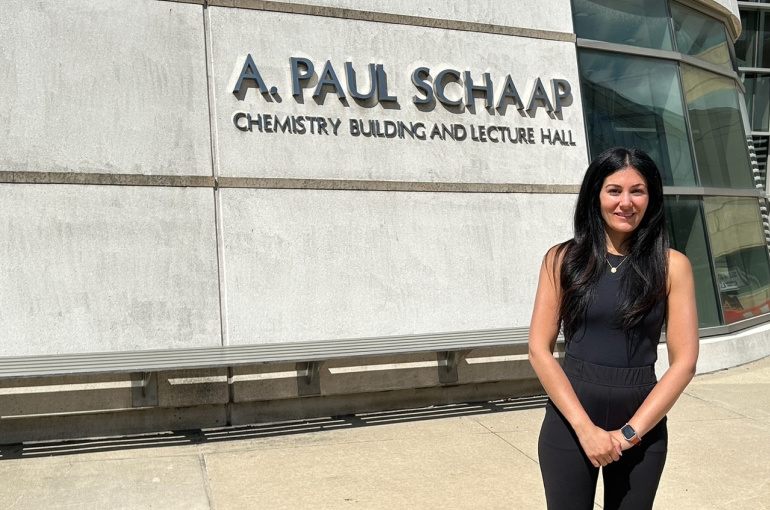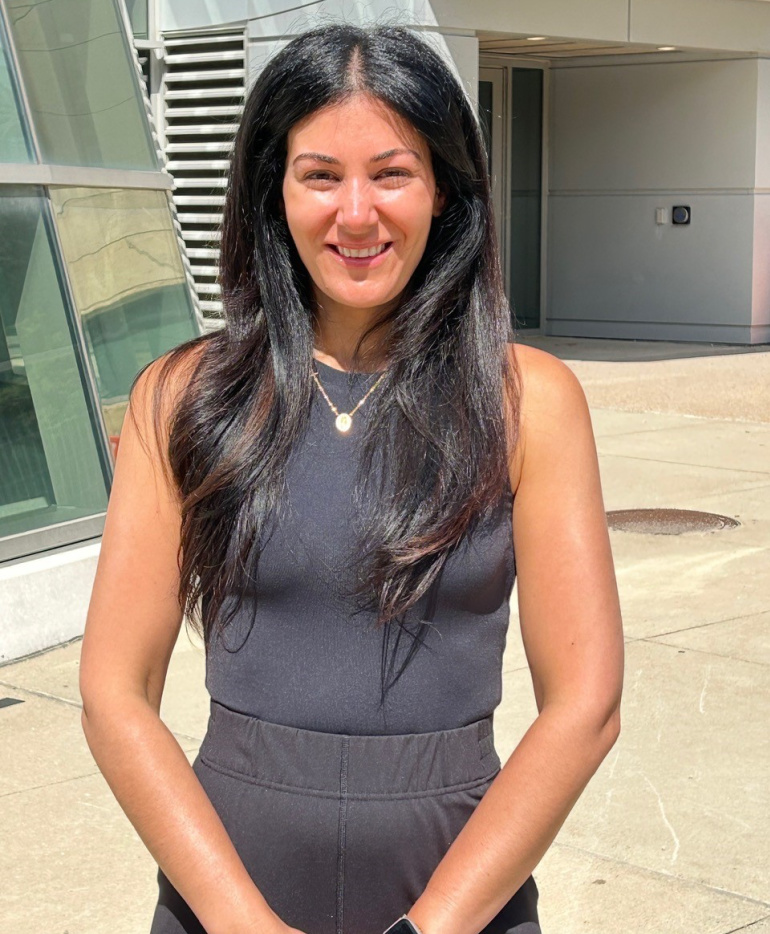
With its legalization in Michigan, the state’s marijuana dispensary business has boomed, creating a growing need for the testing and regulation of cannabis. To address this need and prepare students for related job opportunities, in June the Wayne State University Board of Governors approved the establishment of a new undergraduate certificate in cannabis chemistry beginning in the fall.
The certificate program will be housed in the College of Liberal Arts and Sciences and administered by the Department of Chemistry. It will require five classes and a research course totaling 15 credit hours that teach students the instrumentation, standard operating procedures, business and law practices, and science behind testing and regulation.

Currently, six accredited independent marijuana safety compliance facilities are registered to operate in Michigan, and Gov. Gretchen Whitmer has $4.4 million in her proposed 2024 budget for a state-operated marijuana testing lab.
“Dispensaries are popping up everywhere and we have to make sure the product they’re putting out is being tested properly and is ethically sound,” said Andrea Matti, assistant professor of teaching in the chemistry department and director of the certificate program. “We’ll teach students how to use the necessary instruments, properly dilute and prepare solutions, and analyze data – all that goes into analytical chemistry. It’s teaching the chemistry of measurements and how they are obtained.”
Currently, 19 states and Canada have approved recreational marijuana use and five more states will vote on it this year. Last year, America’s legal cannabis industry created more than 280 new jobs every day, and it is only expected to expand.
“It's a field for our students who like chemistry, but don’t want to go into health sciences,” said Matti.
Techniques and instrumentation specific to the cannabis industry will be stressed during the program, and the skills will be applicable to a wide range of areas such as pharmaceutical research.
“We’re teaching students the research methods,” said Matti. “Testing facilities use a lot of high-pressure liquid chromatography – or HPLC – to test regulations, so we’re ensuring students are well versed in that instrument, the theory behind it and troubleshooting it.”
Undergraduates must have a minimum university GPA of 2.5 to be admitted to the program. Those who already have a bachelor’s from Wayne State or another university must have graduated with a GPA of 2.5 or higher and have completed or be willing to complete CHM 3120/3130, a course focused on the fundamentals of analytical chemistry such as instrumentation, statistics, sampling and quality controls.
